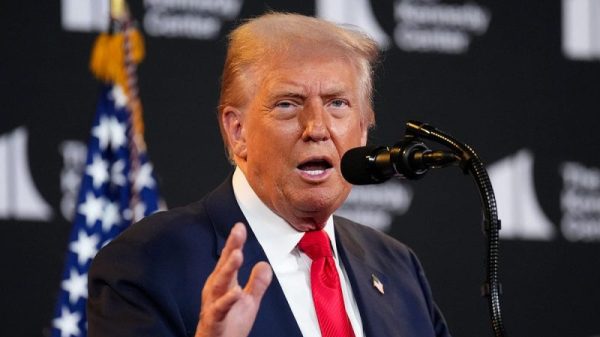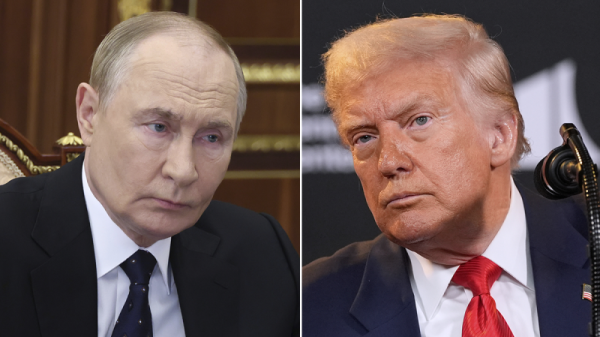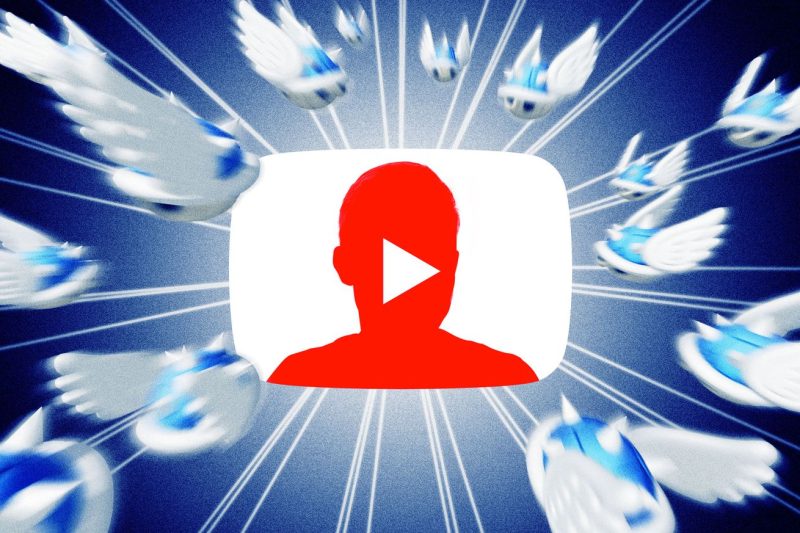Nintendo’s actions towards YouTuber Jeremy Koling have sparked outrage among the digital community. The gaming giant’s decision to target Koling, known online as The Jerm, comes as a surprise to many, considering his relatively positive coverage of Nintendo’s games and products. So, what exactly led to this clash between Nintendo and a popular content creator, and why is the gaming community rallying behind Koling in support?
At the center of this controversy is Nintendo’s adaptation to the digital age, specifically its approach to content creators using its intellectual property (IP) on platforms like YouTube. The company has traditionally adopted a strict stance on how its products are used in online videos, often claiming monetization rights for videos featuring its games.
In the case of Jeremy Koling, the conflict emerged when he began creating content based on Nintendo’s games and sharing it on his YouTube channel, which boasts a considerable following. Despite the majority of Koling’s videos showcasing his genuine love for Nintendo games and generating positive buzz around the brand, Nintendo’s automated copyright detection system flagged some of his videos for using in-game music and footage.
This automated intervention resulted in Nintendo seeking a share of the revenue generated by Koling’s videos, which sparked a heated debate on the ethicality and practicality of such actions. Many in the gaming community see Nintendo’s targeting of Koling as indicative of the company’s outdated and heavy-handed approach to content creators in the digital realm.
Koling’s supporters argue that his content not only promotes Nintendo’s games but also contributes to the overall engagement and excitement surrounding the brand. They emphasize the positive impact of content creators like Koling, whose authentic enthusiasm for gaming resonates with audiences and drives interest in Nintendo’s offerings.
Moreover, critics of Nintendo’s actions point out the potential long-term consequences of alienating content creators, who play a crucial role in shaping the brand’s image and engaging with a diverse audience online. By stifling the creativity and freedom of content creators, Nintendo risks losing out on valuable promotional opportunities and organic endorsements within the digital space.
As the situation continues to unfold, it raises broader questions about the evolving dynamics between corporations like Nintendo and independent content creators operating in the digital landscape. The clash between traditional intellectual property rights and the transformative nature of online content creation highlights the need for a more nuanced and collaborative approach from companies like Nintendo in engaging with the digital community.
Ultimately, the controversy surrounding Nintendo’s targeting of Jeremy Koling underscores the complexities of navigating the intersection of corporate interests, intellectual property rights, and the vibrant ecosystem of content creators in the digital age. Whether Nintendo will reconsider its approach and forge a more constructive relationship with influential voices like Koling remains to be seen, but the ongoing dialogue sparked by this incident sheds light on the evolving dynamics of content creation and brand engagement in the digital era.


































